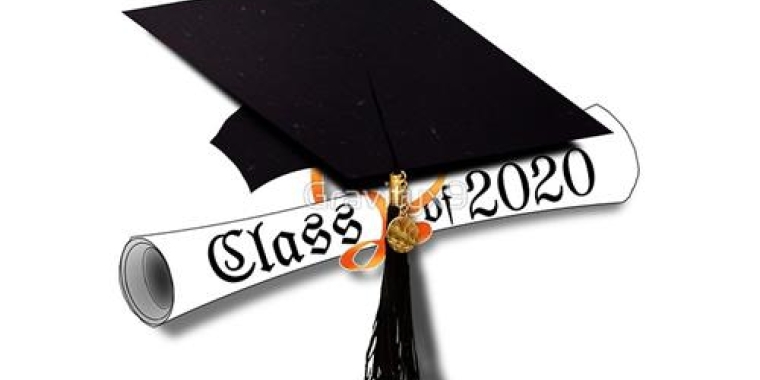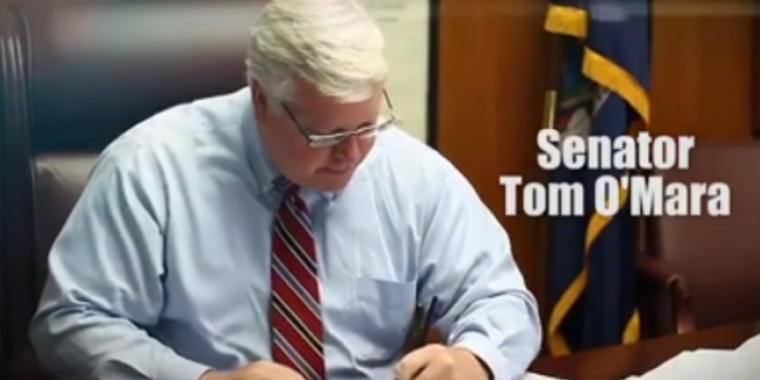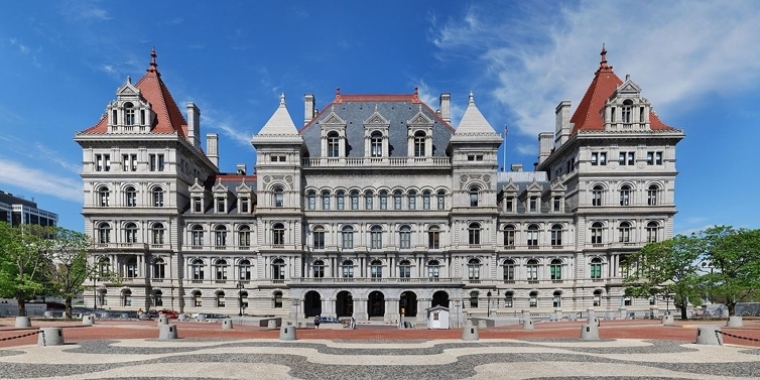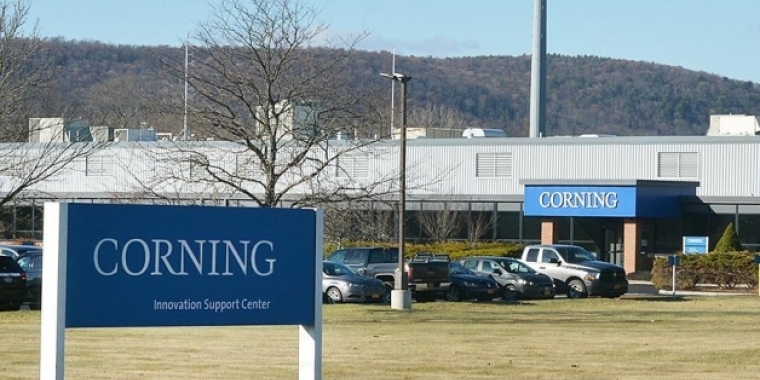
O’Mara appointed to Legislature's Regulatory Review Commission: Says overregulation keeps upstate economy ‘going nowhere’
January 7, 2019
-
ISSUE:
- regulatory reform
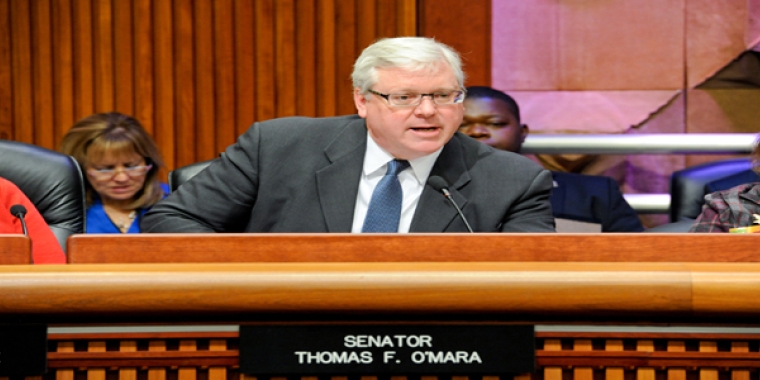
Albany, N.Y., January 7—State Senator Tom O’Mara (R-C, Big Flats) has been appointed to represent the Senate Republican Minority conference on the Legislature’s six-member Administrative Regulations Review Commission (ARRC).
The ARRC is a legislative oversight committee charged with monitoring the state’s overall regulatory process and, specifically, with reviewing proposed state rules and regulations to assess their economic impact, as well as their effect on local governments, businesses and industries, and all other regulated parties. The ARRC is also responsible for ensuring that rules and regulations comply with legislative intent. Throughout his Senate service, O’Mara has been a strong regulatory reform advocate. He has consistently pointed to overregulation as one of the key obstacles to sustained economic growth and job creation throughout the upstate region.
O’Mara said, “I look forward to this opportunity to serve on the commission and provide direct input into the Legislature’s regulatory reform responsibility. The ARRC is an overlooked commission that nevertheless can have an important impact on creating a more business friendly climate in New York State by encouraging lower taxes, fewer mandates, and less regulation. It can help inject some common sense, fairness, and, maybe most importantly, restraint on state regulatory agencies. We need to keep working against a New York State regulatory climate that puts our businesses and manufacturers at a competitive disadvantage, imposes red tape that strangles local economies, or encourages higher taxes, outrageous mandates, and burdensome overregulation.”
Several years ago, O’Mara joined his Senate Republican colleagues in a comprehensive regulatory reform initiative that identified more than 2,000 specific rules, regulations and practices that put New York’s businesses and manufacturers, large and small, at a competitive disadvantage. The foundation of the Senate reform effort was a series of public regulatory forums focused on agriculture, construction, small business, tourism and, in a hearing O’Mara hosted in Corning, upstate manufacturing. At the Corning hearing, O’Mara and his colleagues heard testimony from representatives of several prominent Southern Tier manufacturers, including Corning Incorporated, Dresser-Rand, Nucor and F.M. Howell & Company, as well as leading economic development agencies including Southern Tier Economic Growth (STEG) and the Steuben County Industrial Development Agency.
“The testimony we heard from leading Southern Tier manufacturers and economic development leaders reaffirmed the absolute importance of revitalizing the manufacturing sector as the key to turning around the upstate economy,” said O’Mara. “We received some straightforward and valuable input on why New York State continues to be overregulated, overtaxed, and a tough place to do business, and steps we can take to change it. We still need to move forward on this important work.”
The forum process helped identify 2,219 specific regulatory burdens with which New York State businesses must contend. A subsequent Senate report noted that while it’s difficult to put an exact price tag on the total economic cost of New York’s more than 750,000 regulations, studies have gauged the negative economic impact of government overregulation. A study commissioned by the Small Business Administration's Office of Advocacy, for example, found the total impact of federal regulations on the U.S. economy in 2008 was $1.75 trillion—over 12% of the economy. More directly comparable to New York, a 2009 study found that regulations in California—a state with a similarly burdensome regulatory structure — cost the Golden State’s economy $493 billion annually and resulted in a loss of 3.8 million jobs.
“Let’s stay focused on the most important job at hand, and that’s turning around the upstate economy,” said O’Mara. “We know that we need to cut taxes. We also know that upstate manufacturers, small businesses, and industries across the board are overburdened with far too many unnecessary state regulations. It’s time to get rid of the costly red tape that keeps the upstate economy going nowhere and makes New York’s businesses climate one of the worst in America.”
Share this Article or Press Release
Newsroom
Go to Newsroom